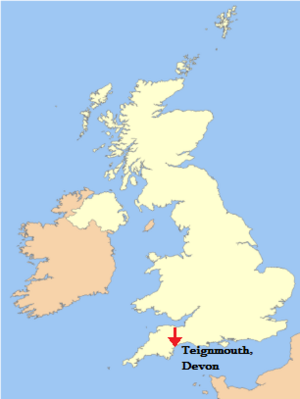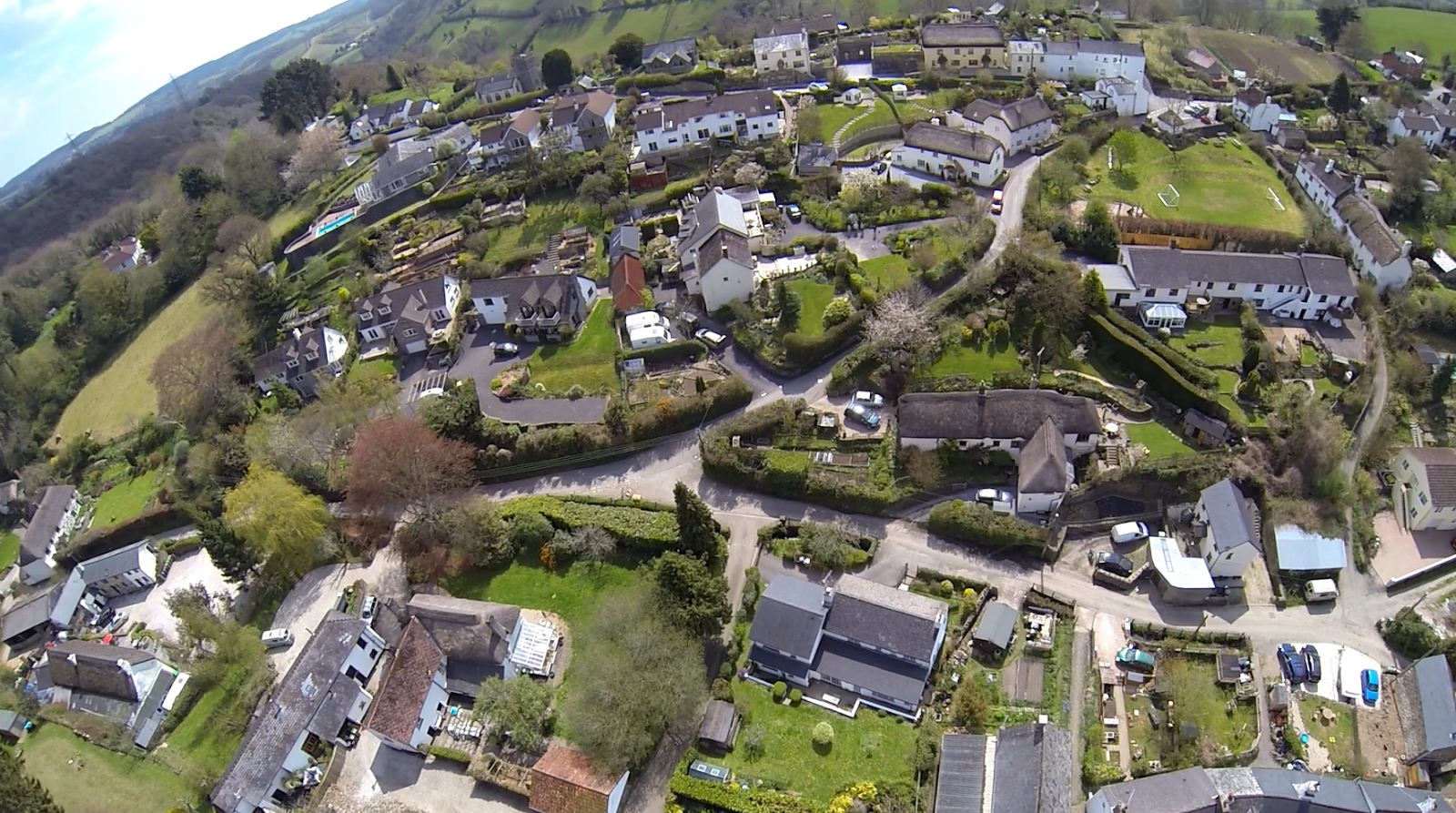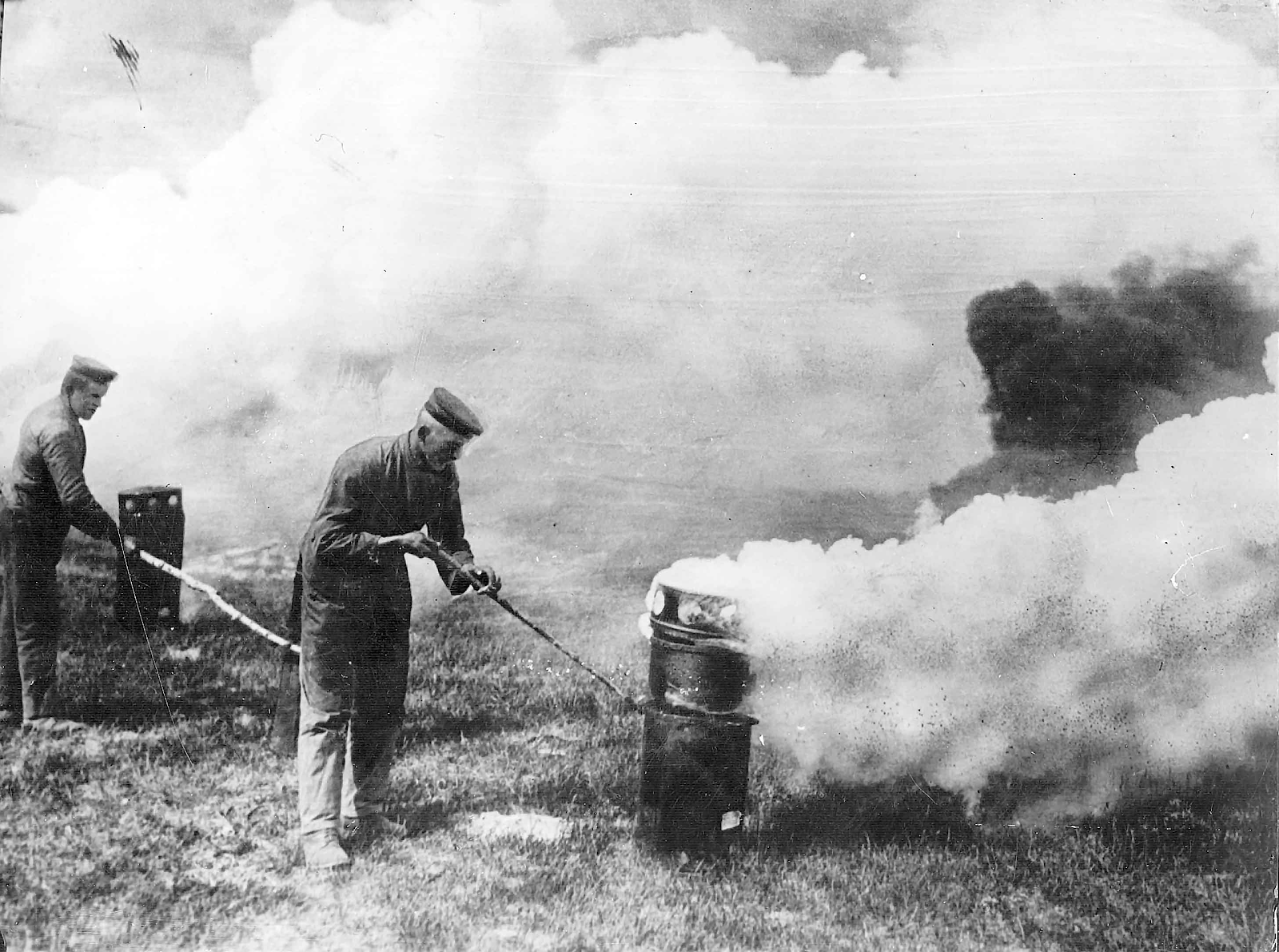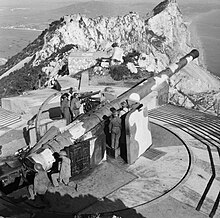The book is about the poet Charles Causley and his mother, Laura. Charles Stanley Causley (24 August 1917 – 4 November 2003) was a Cornish poet, school teacher and writer.
In 1914 Laura is in service in Teignmouth. Teignmouth is a seaside town, fishing port and civil parish in the English county of Devon.
There is where she meets Charlie Causley, who she marries before the war. Charlie was from Trusham, which is a small village in the Teign Valley, between Newton Abbot and Exeter, in Devon. Trusham was the ancestral home of the Causley family.
Laura is from Launceston. Launceston is a town, ancient borough, and civil parish in Cornwall. It is 1.6 km west of the middle stage of the River Tamar, which constitutes almost the entire border between Cornwall and Devon.
Charlie Causley fights the Great War, but is inalidaded out when his unit is attaccked with mustard gas. The most widely reported chemical agent of the First World War was mustard gas. It was introduced as a vesicant by Germany on July 12, 1917, weeks prior to the Third Battle of Ypres. Mustard gas is not an effective killing agent (though in high enough doses it is fatal) but can be used to harass and disable the enemy and pollute the battlefield.
Charlie Causley fights the Great War, but is inalidaded out when his unit is attaccked with mustard gas. The most widely reported chemical agent of the First World War was mustard gas. It was introduced as a vesicant by Germany on July 12, 1917, weeks prior to the Third Battle of Ypres. Mustard gas is not an effective killing agent (though in high enough doses it is fatal) but can be used to harass and disable the enemy and pollute the battlefield.
Charlie eventually dies of tuberculosis, and the novel mentions Blue Henries, given to Charlie for his cough. A blue Henry is a sputum flask which would have been carried by tuberculosis (TB) patients in the past in order to collect infected sputum coughed up from their lungs, rather than spit it out.
When Charles is called up, he first has to report in Skegness. HMS Royal Arthur was a shore establishment of the Royal Navy, initially at Ingoldmells near Skegness, and later at Corsham, Wiltshire.
Plymouth is bombed heavily during the war. The first bombs fell on the city on Saturday 6 July 1940, killing three people. In early 1941, five raids reduced much of the city to rubble. Attacks continued as late as May 1944 with two minor air raids in that month. During the 59 bombing attacks, 1,172 civilians were killed and 4,448 injured.
When Charles starts experiencing chronic seasickness, he is sent to Gibraltar. During World War II, Gibraltar served a vital role in both the Atlantic Theatre and the Mediterranean Theatre, controlling virtually all naval traffic into and out of the Mediterranean Sea from the Atlantic Ocean.
Gibraltar was subject to occasional air raids by German and Italian aircraft. Although these raids caused some damage and casualties, the defenses of the Rock held firm.
In Launceston Laura is witness of the treatment black GIs get. early one-in-ten GIs stationed in the United Kingdom during the Second World War were African-American. Many faced the same sorts of racial discrimination they experienced in the United States.
Charles enjoys the plays that he goes to see with Bucknall as part of their masqurade, and he mentions watching Nova Pilbeam in a Shakespearean play. Nova Margery Pilbeam (15 November 1919 – 17 July 2015) was an English film and stage actress. She played leading roles in two Alfred Hitchcock films of the 1930s, and made her last film in 1948.
Charles also writes to poet Siegfried Sassoon. Siegfried Loraine Sassoon (8 September 1886 – 1 September 1967) was an English war poet, writer, and soldier. Decorated for bravery on the Western Front, he became one of the leading poets of the First World War.
















No comments:
Post a Comment